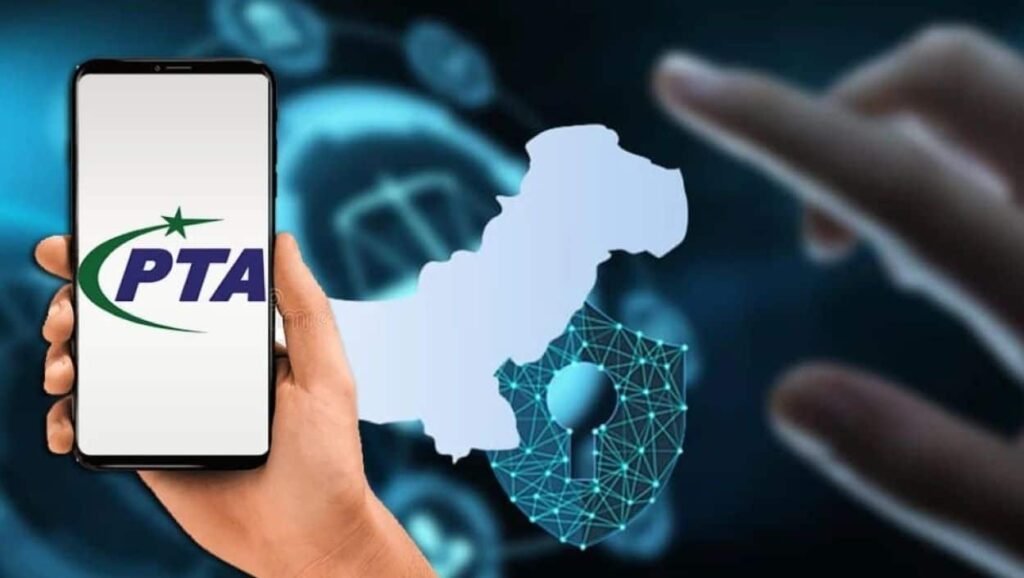The Pakistan Telecommunication Authority (PTA) is reportedly considering stricter regulations around the use of Virtual Private Networks (VPNs) within the country. In recent months, the PTA has been pushing for the registration of VPNs, citing concerns about security and the illegal bypassing of content restrictions. This raises the question: will the PTA block all non-registered VPNs in Pakistan?
The PTA’s primary focus is on controlling unregistered VPNs that allow users to access restricted content, mask their IP addresses, and bypass geo-restrictions, which the government views as a potential national security risk. The authority has issued multiple warnings, urging businesses and individuals to register their VPNs with the PTA to avoid legal action.
VPNs have become popular for various reasons, including protecting online privacy and accessing content that may be blocked or restricted in Pakistan. However, from the PTA’s perspective, the unregulated use of VPNs poses a threat to the monitoring of online activities, making it difficult for law enforcement agencies to track cybercrimes.
If the PTA moves forward with its plan, individuals and businesses using non-registered VPNs could face heavy fines or restricted internet access. Telecom companies have also been tasked with assisting in blocking these VPNs at the network level, adding another layer of control over online traffic.
Despite these potential restrictions, some internet users argue that VPNs are a legitimate tool for maintaining online privacy, especially in a world where data breaches and cyberattacks are on the rise. Whether the PTA will actually proceed with blocking non-registered VPNs remains to be seen, but the debate around privacy versus security continues.
